For the past decade, “software is eating the world” was the mantra echoing across every boardroom and pitch deck. From Silicon Valley to Singapore, developers were treated as modern alchemists — turning code into billions. But now, something’s cracking.
In 2025, we’re witnessing an unprecedented phenomenon: the global collapse of IT hiring. From American giants trimming engineering teams by 50–70%, to European outstaffing firms shrinking by 90%, to Russia’s own tech majors — Sber, VK, MTS, VTB — collectively cutting thousands of developers, it looks like the golden era of limitless tech expansion is fading.
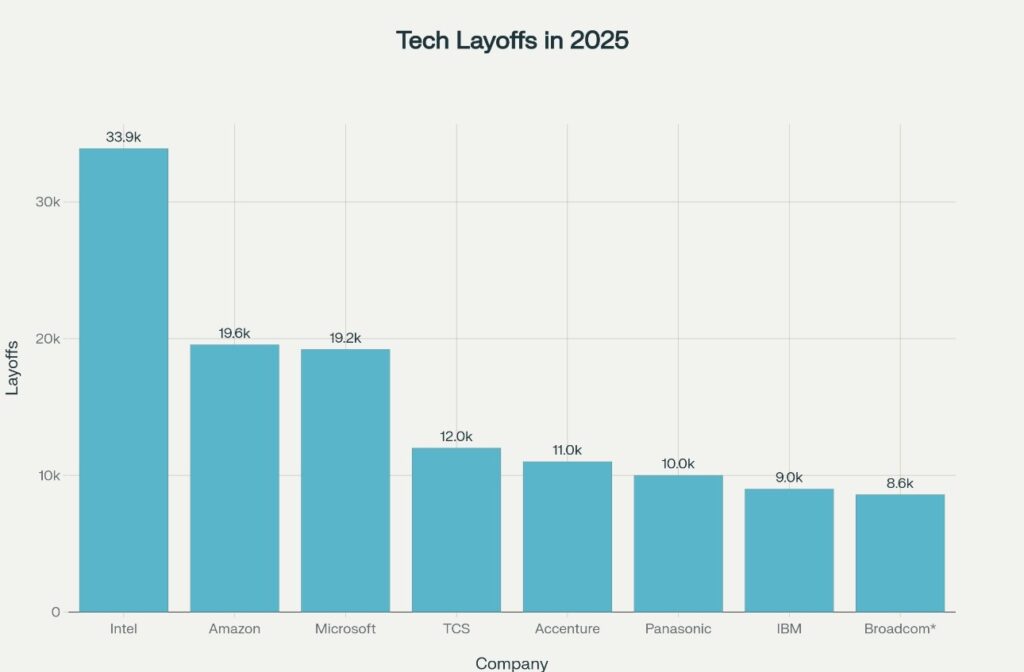
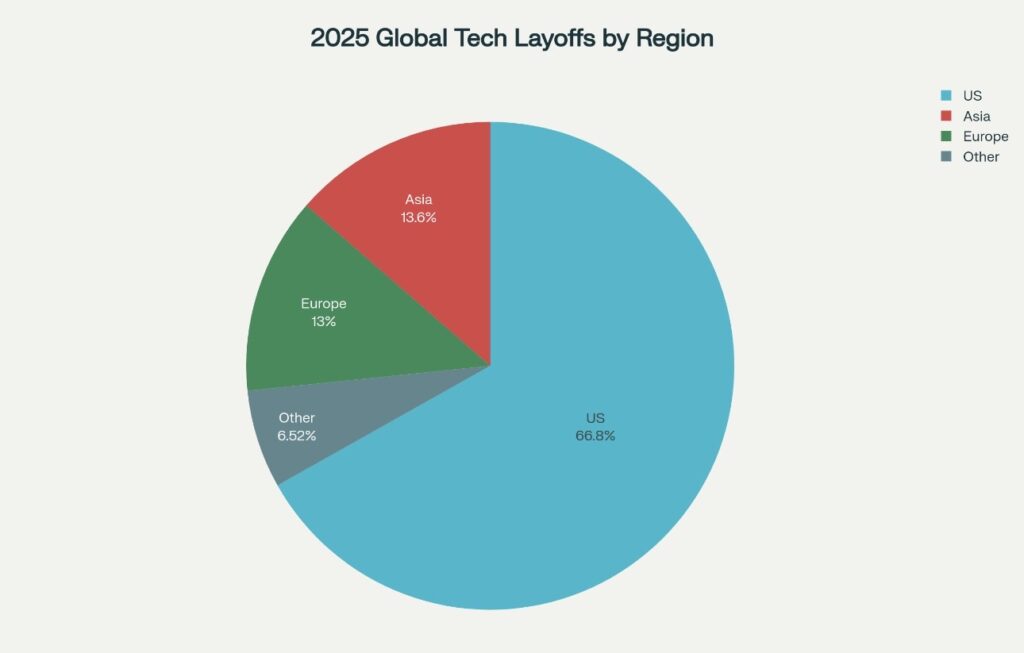
The Overhiring Hangover
Let’s be honest — the “developer shortage” narrative might’ve been one of the most successful PR myths of the 2010s and early 2020s. Companies overhired in a race for talent, driven by cheap capital and fear of missing out. Startups doubled teams overnight. Corporations built internal labs for every imaginable “future tech.”
Then reality hit. Rising interest rates, geopolitics, shrinking venture capital flows — all pulled the rug from under that growth-first mindset. Today, almost every global tech company faces the same question: is this project profitable right now? If not, it’s out.
Investors Have Grown Up
VCs and corporates have flipped from growth at any cost to profit or perish. Experimental AI tools, metaverse platforms, tokenized dreams — all the darlings of yesterday’s hype cycles — suddenly look unsustainable without clear monetization paths. Investors are no longer paying for “potential.” They want margins.
That shift reverberates all the way down to the developer level: fewer moonshot projects, less R&D inflating payrolls, more engineered efficiency.
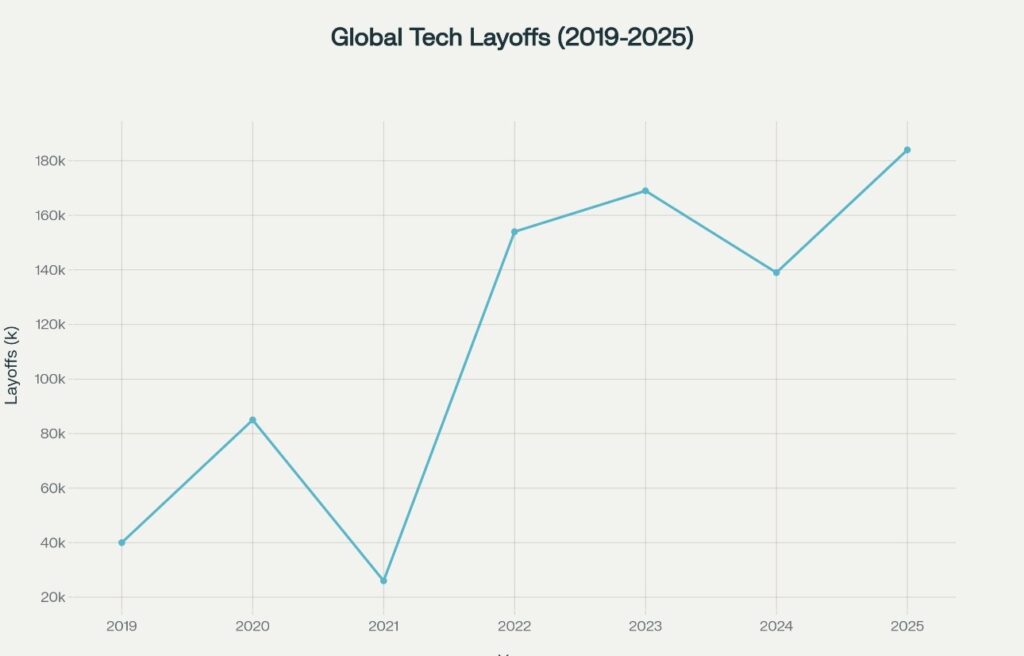
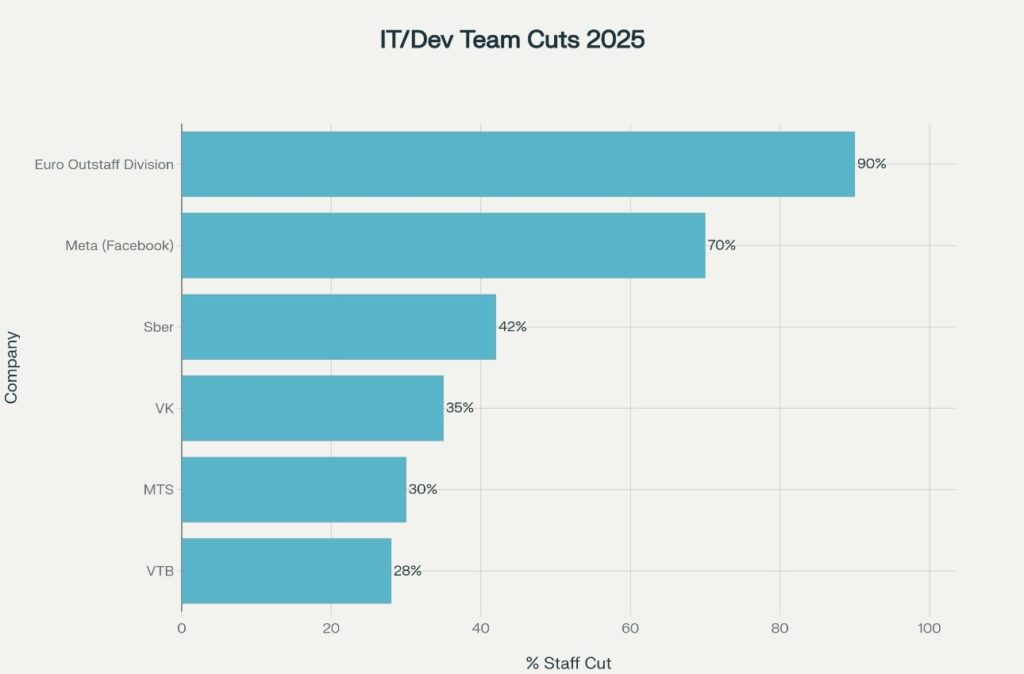
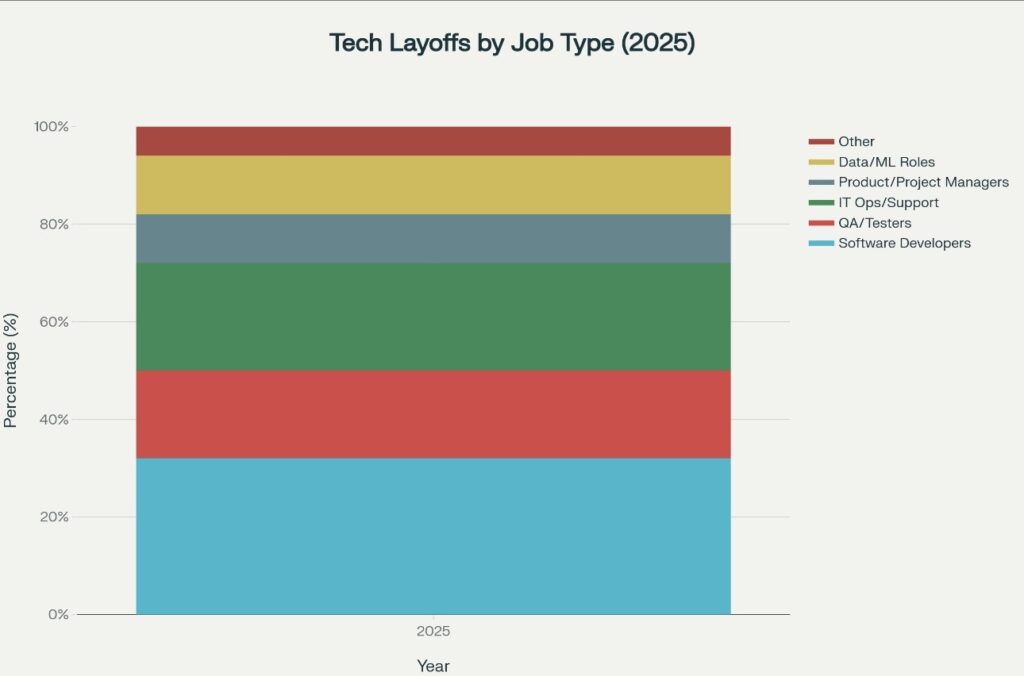
The Paradox: Fewer Developers, More Demand
Here’s the irony: while companies are laying off en masse, the digital world is still expanding. Startups will be rebuilt, products will reboot, and automation will create new niches — just no longer under the same “infinite growth” illusion.
The market is rebalancing. Developers aren’t disappearing; they’re redistributing — from corporate labs to leaner startups, from bloated projects to solvable problems.
The New Reality
The IT collapse, as painful as it seems, might be a correction the industry needed. After years of inflated valuations and unchecked hiring, tech is returning to its roots: efficiency, innovation, and profitability.
The heroes of this new phase won’t be the unicorn hunters — they’ll be the builders who understand that tech has to make money again.







